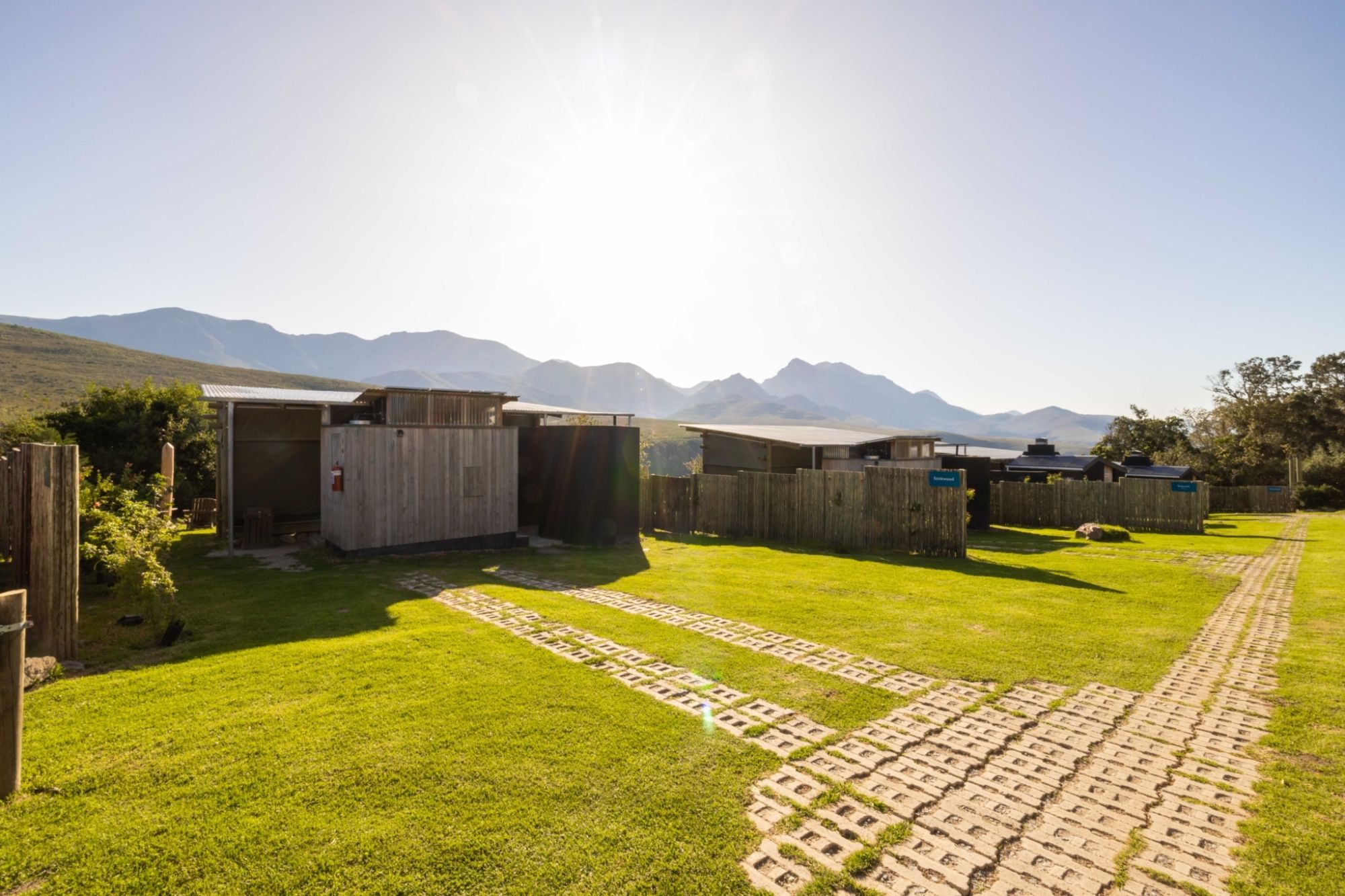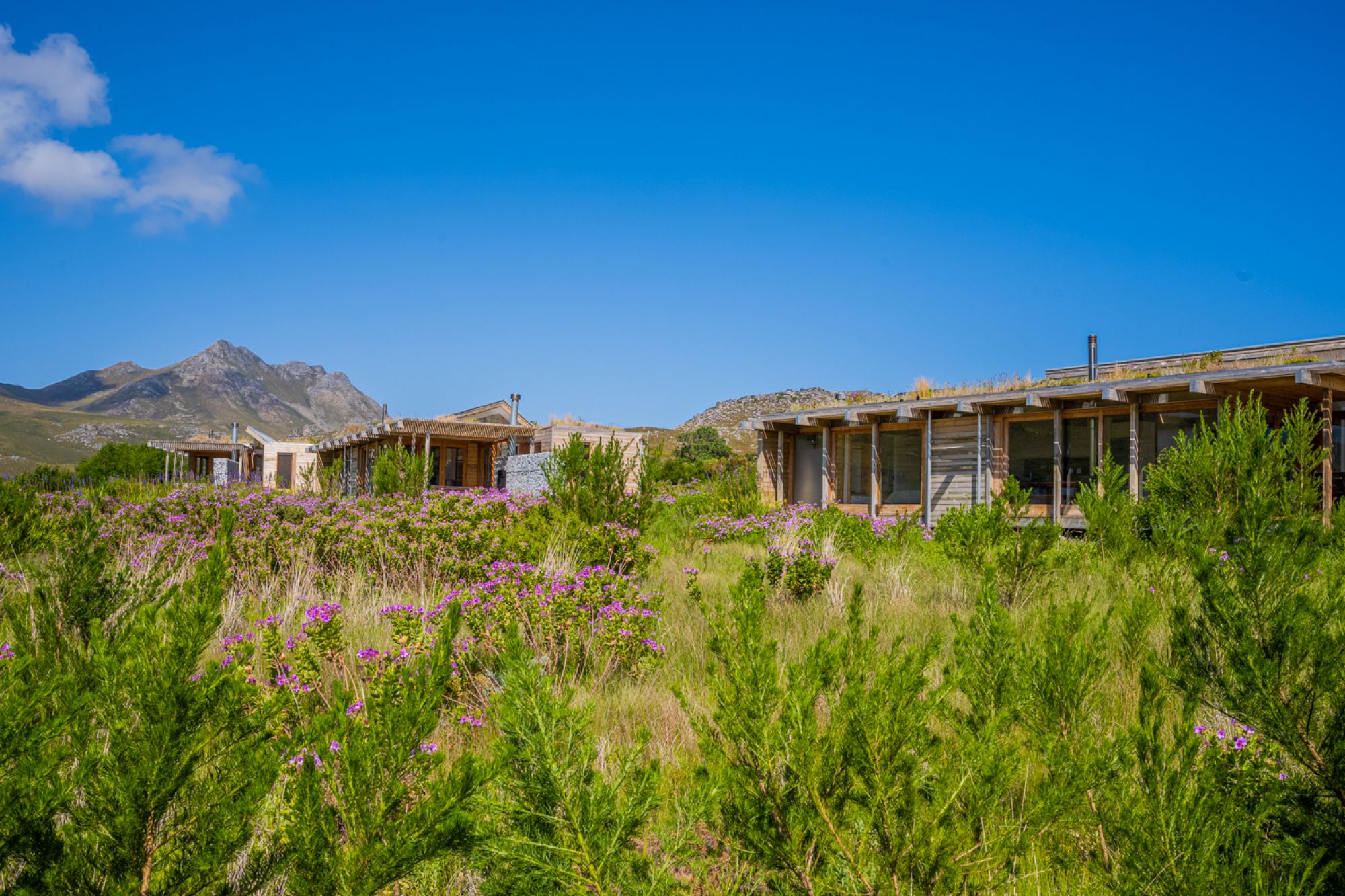
Re-thinking responsible tourism with CapeNature through sustainability
World Tourism Day is internationally commemorated on 27 September on an annual basis, and in 2022, the focus will return to reimagining the future of tourism. CapeNature manages more than one million hectares of land in the Western Cape and this includes invaluable natural assets such as mountains, fynbos, water catchment areas, rivers, estuaries and a spectacular coastline.
Several of CapeNature’s protected areas enjoy the highest levels of protection at both an international and national level and are recognised and protected under the national Protected Areas Act, including Marine Protected Areas. Certain protected areas are also inscribed World Heritage Sites (outstanding universal value) or Ramsar sites (wetlands or seabird hotspots of international status). The recent METT-SA assessment of 2022 is a good indication that CapeNature protected areas are well managed, with 94% of the areas managed by the entity falling in the “Sound Category”, meaning it achieved a METT score of over 67%.
September marks Tourism Month which is an exciting time for South Africans as they are encouraged to explore the many hidden gems available right on their doorstep. Amongst its Western Cape tourism partners, CapeNature once again opened its doors to all local and international visitors by hosting its annual free Access Week from 20-27 September 2022. Visitors to participating reserves in the Western Cape received the opportunity to reconnect with their natural heritage by exploring and experiencing the sights and sounds of nature.
Ms Mireille Wenger, Western Cape Minister of Finance and Economic Opportunities urges businesses to rethink how we do tourism: “September highlights the importance of promoting responsible, sustainable and universally accessible tourism. This means symbiosis between people and the planet and working together towards a shared vision for a more sustainable, inclusive, and resilient sector. Sustainable tourism development has been a key priority for CapeNature in its approach to establishing and maintaining its tourism product offerings. These efforts have been recognised globally and locally through accolades such as the Holcim Foundation Award: Sustainable Tourism Design - 2010, Top 50 in Africa’s Finest: Sustainable and Responsible Development - 2013, The South African Institute of Civil Engineering: Best National Environmental Engineering Project - 2015 and the AfriSam Award: Sustainable Architecture and Innovation - 2016.”
CapeNature focuses on developing nature-based recreational and tourism products by leveraging the province’s natural assets in such a way that protected areas become sought after tourist destinations, and more accessible and attractive to a greater portion of our population. CapeNature products offer a range of modern sustainable features such as rainwater harvesting, recycling water for irrigation purposes, waterless toilets, and solar power for water heating, lighting, and pool pumps.
CapeNature CEO, Dr. Razeena Omar, avidly advocates sustainable tourism: “Projects are carefully planned to avoid and mitigate any local environmental harm while also optimising the use of green building technology. Over the last six years tourism revenue income has grown by 14%. Revenue growth can be attributed to the significant increase in domestic visitors, attraction of new visitors and sustained marketing campaigns and messaging. We look forward to steadily contributing to the tourism economy of the Western Cape as the sector continues to make great strides”.
Stay up to date and download the CapeNature visitor app to explore more responsible tourism in the Western Cape. http://app.capenature.co.za/promo/capenatu
MEDIA ENQUIRIES:
Petro van Rhyn, pvrhyn@capenature.co.za, cell: 071 231 7576

Glamping units at Grootvadersbosch Nature Reserve

Six-sleeper unit at the award-winning Mbali Collection in Kogelberg Nature Reserve
Related News
How can I assist you today?
How can I assist you today?



